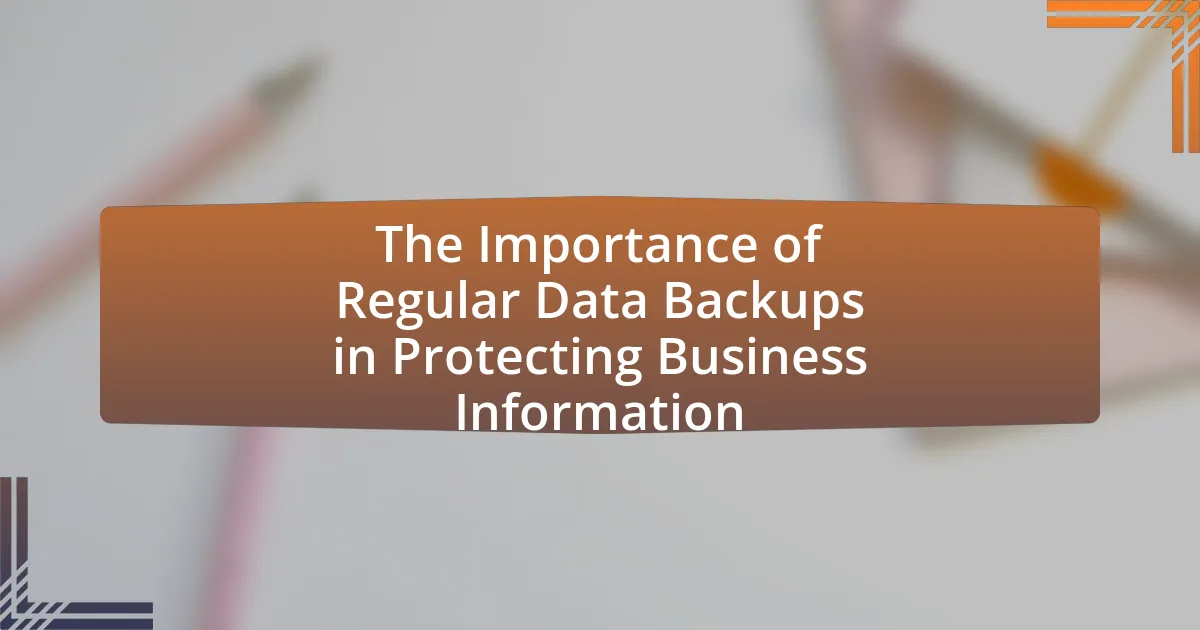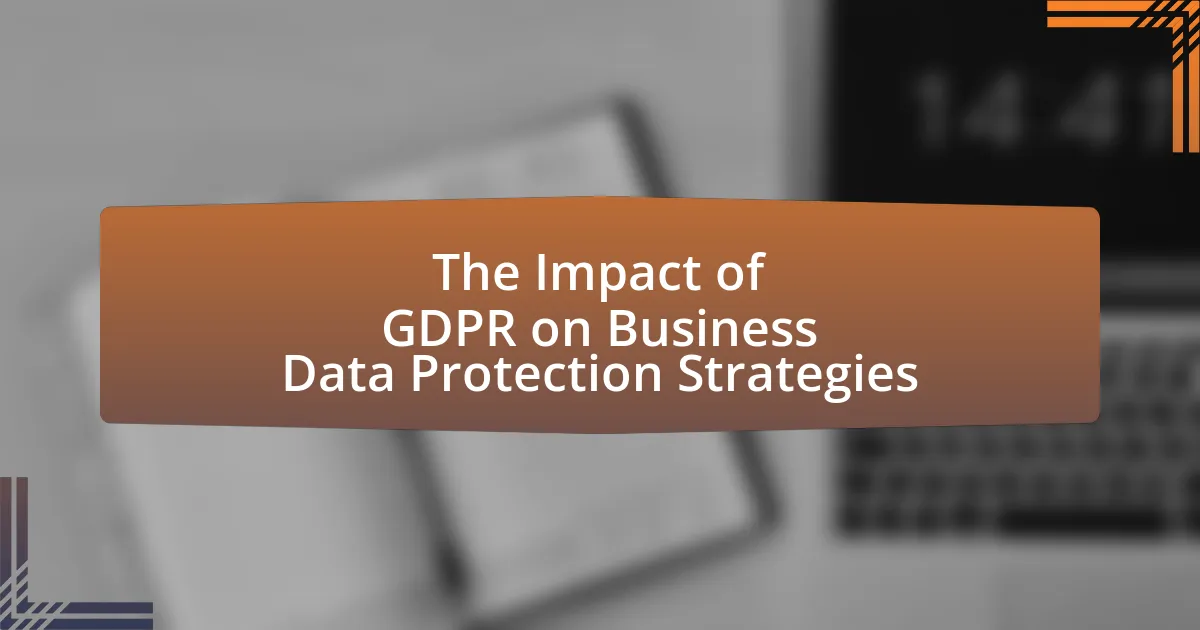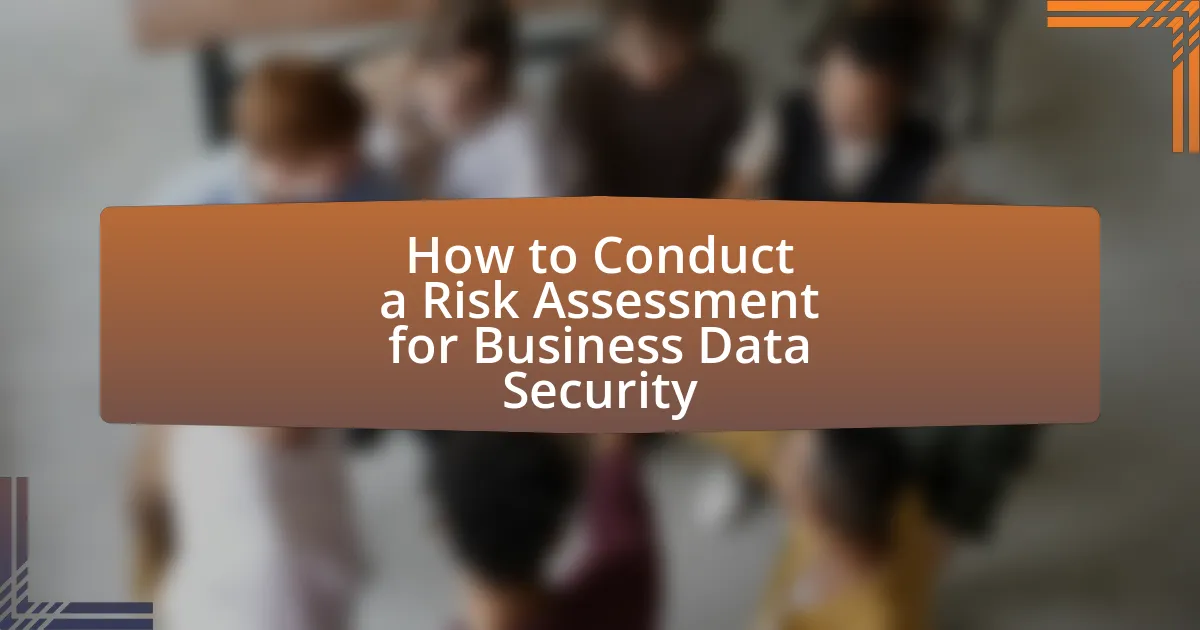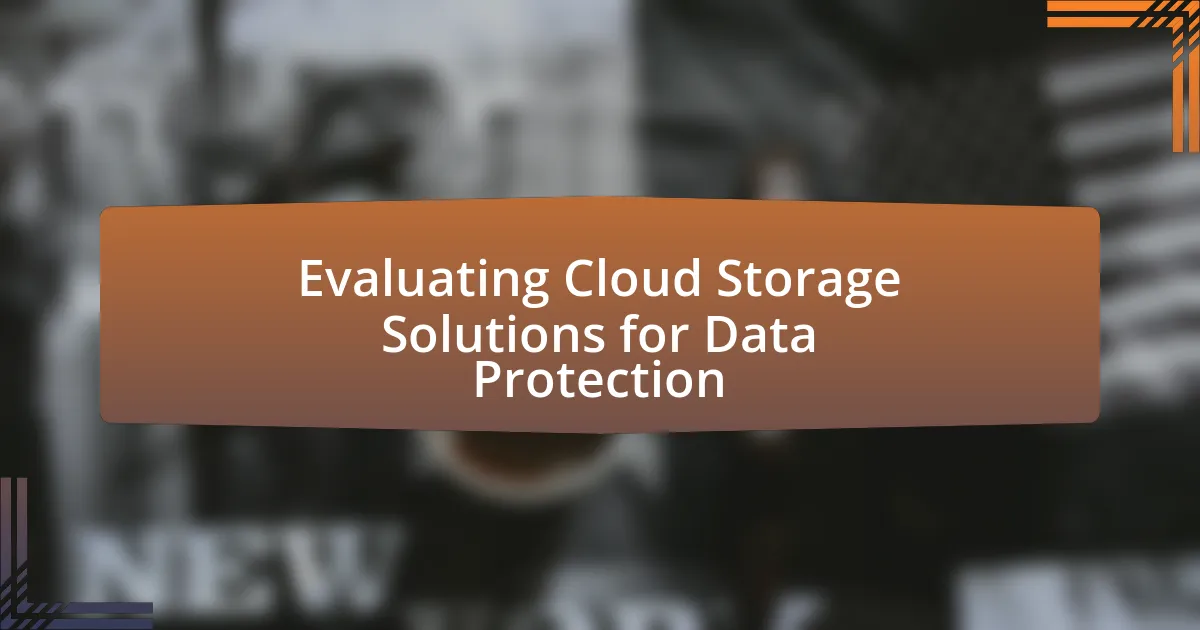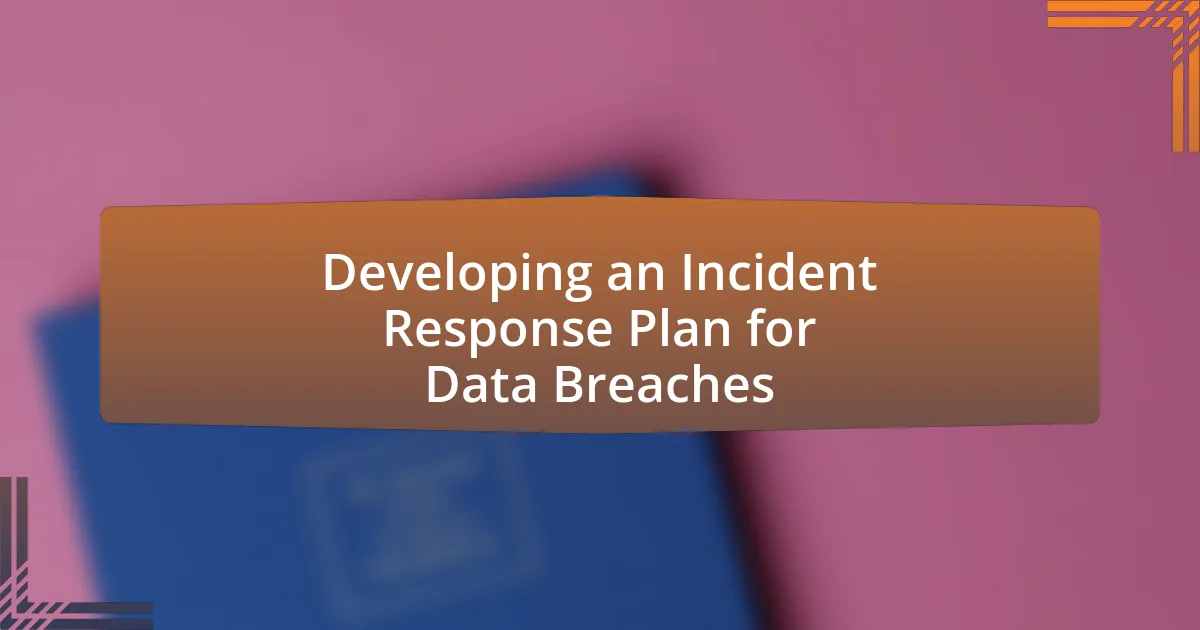Regular data backups are essential for protecting business information, ensuring data recovery from cyberattacks, hardware failures, or natural disasters. The article highlights the significant risks businesses face without a reliable…
Category: Data Protection Strategies
Welcome to the “Data Protection Strategies” category, where you’ll discover essential insights into safeguarding your valuable information. In today’s digital age, data breaches and cyber threats are increasingly common. Our articles provide practical tips and strategies to help you protect your data effectively. Whether you’re an individual or a business, understanding data protection is crucial.
Here, you will find guides on topics such as encryption methods, secure passwords, and best practices for data storage. Learn about the latest tools and technologies designed to keep your information safe. We also discuss regulatory compliance and the importance of a solid data protection plan. Dive in and empower yourself with knowledge that can help you mitigate risks and maintain privacy in an ever-evolving digital landscape.
Leveraging AI and Machine Learning for Proactive Data Security
Leveraging AI and Machine Learning for proactive data security involves the use of advanced algorithms to identify, predict, and mitigate potential security threats before they occur. The article outlines how…
The Role of Employee Training in Data Protection Strategies
Employee training is a crucial component of data protection strategies, as it equips staff with the necessary knowledge and skills to recognize, prevent, and respond to data breaches. Effective training…
The Impact of GDPR on Business Data Protection Strategies
The General Data Protection Regulation (GDPR) is a pivotal data protection law enacted by the European Union in May 2018, aimed at enhancing individual control over personal data and standardizing…
How to Conduct a Risk Assessment for Business Data Security
A Risk Assessment for Business Data Security is a systematic process aimed at identifying, evaluating, and prioritizing risks to an organization’s data assets. This article outlines the importance of conducting…
Implementing Zero Trust Architecture for Enhanced Business Data Security
Zero Trust Architecture (ZTA) is a security model that mandates strict identity verification for all users and devices accessing network resources, emphasizing the principle of “never trust, always verify.” This…
Evaluating Cloud Storage Solutions for Data Protection
Cloud storage solutions for data protection are essential services that enable users to store, manage, and secure data remotely, featuring capabilities such as encryption, redundancy, and automated backups. This article…
Creating a Data Protection Policy: Key Components and Considerations
A Data Protection Policy is a formal document that outlines how organizations collect, use, store, and protect personal data, ensuring compliance with regulations such as the General Data Protection Regulation…
Developing an Incident Response Plan for Data Breaches
An Incident Response Plan for Data Breaches is a structured framework that organizations utilize to prepare for, detect, respond to, and recover from data breaches. This article outlines the essential…
Best Practices for Encrypting Sensitive Business Data
The article focuses on best practices for encrypting sensitive business data, emphasizing the importance of strong encryption algorithms, effective key management, and the necessity of encrypting data both at rest…
